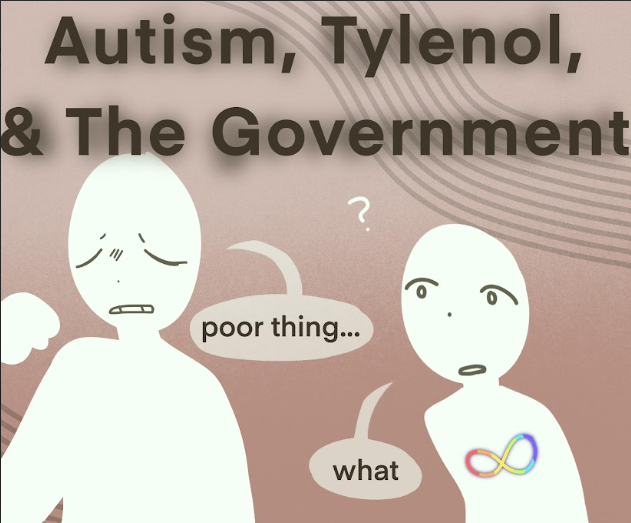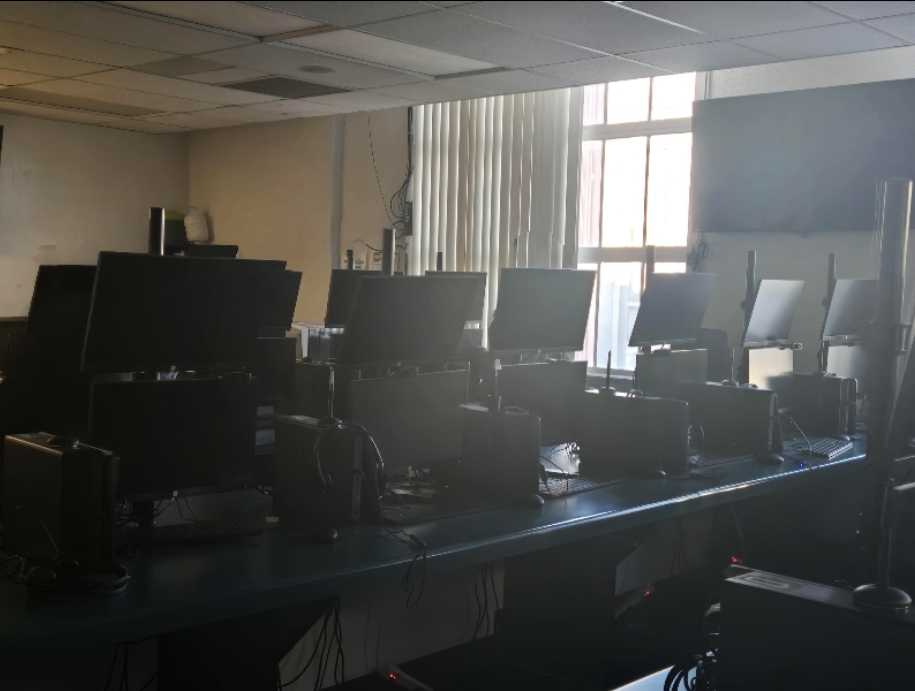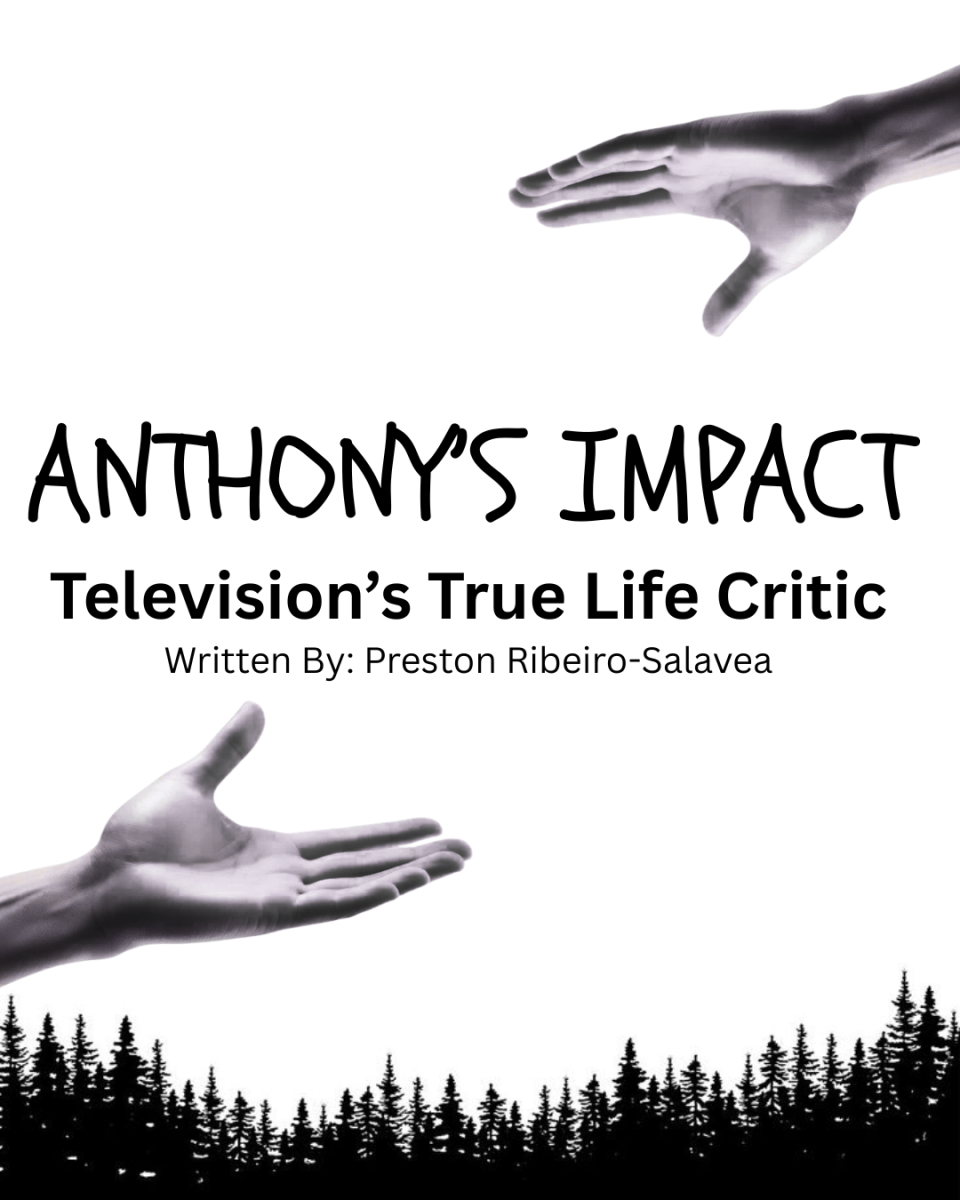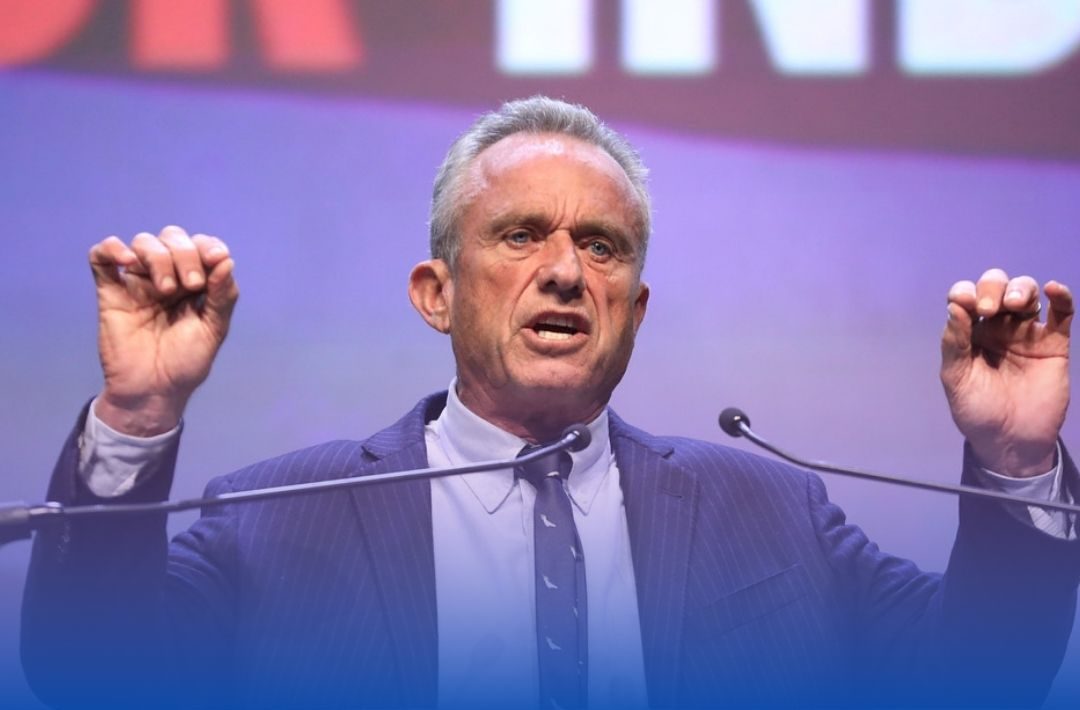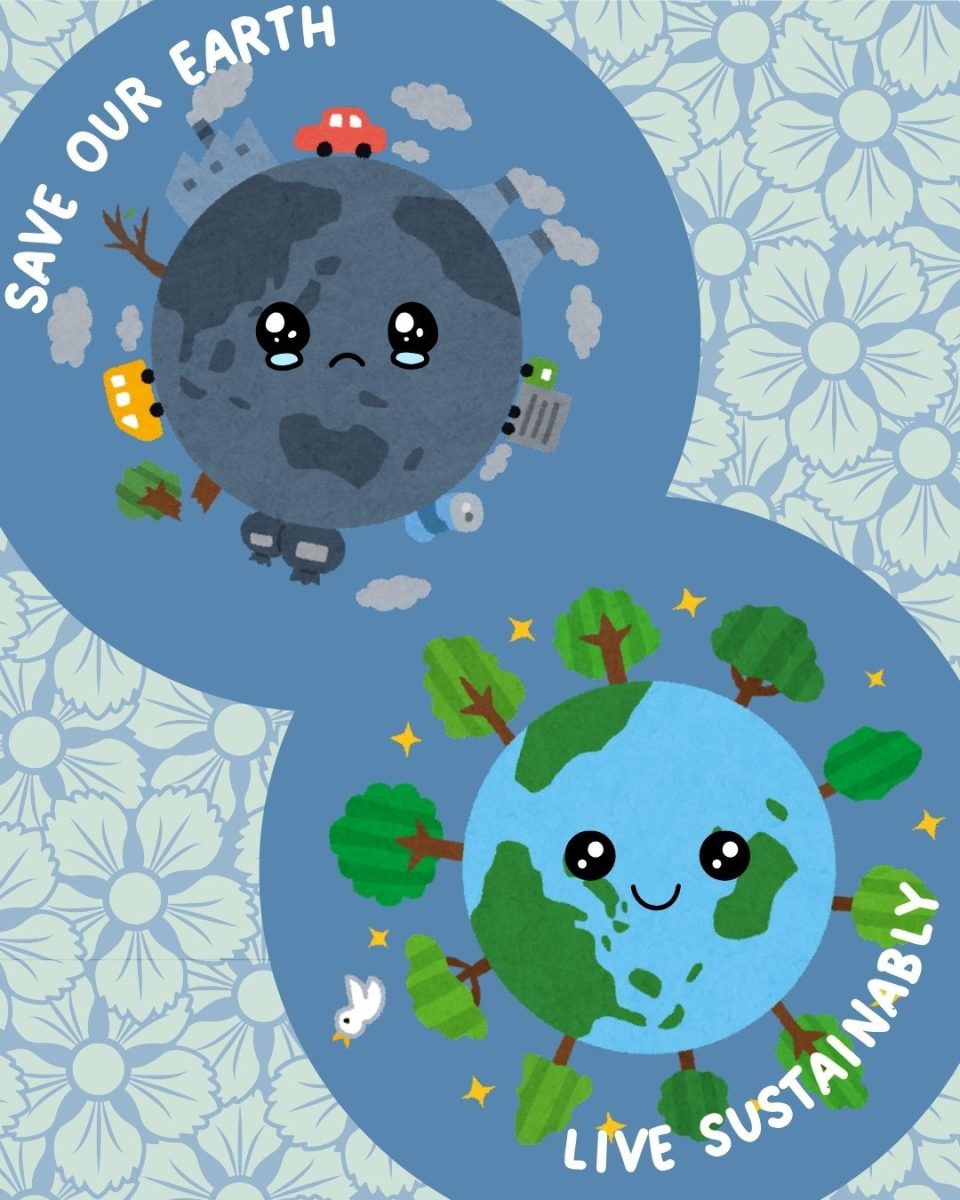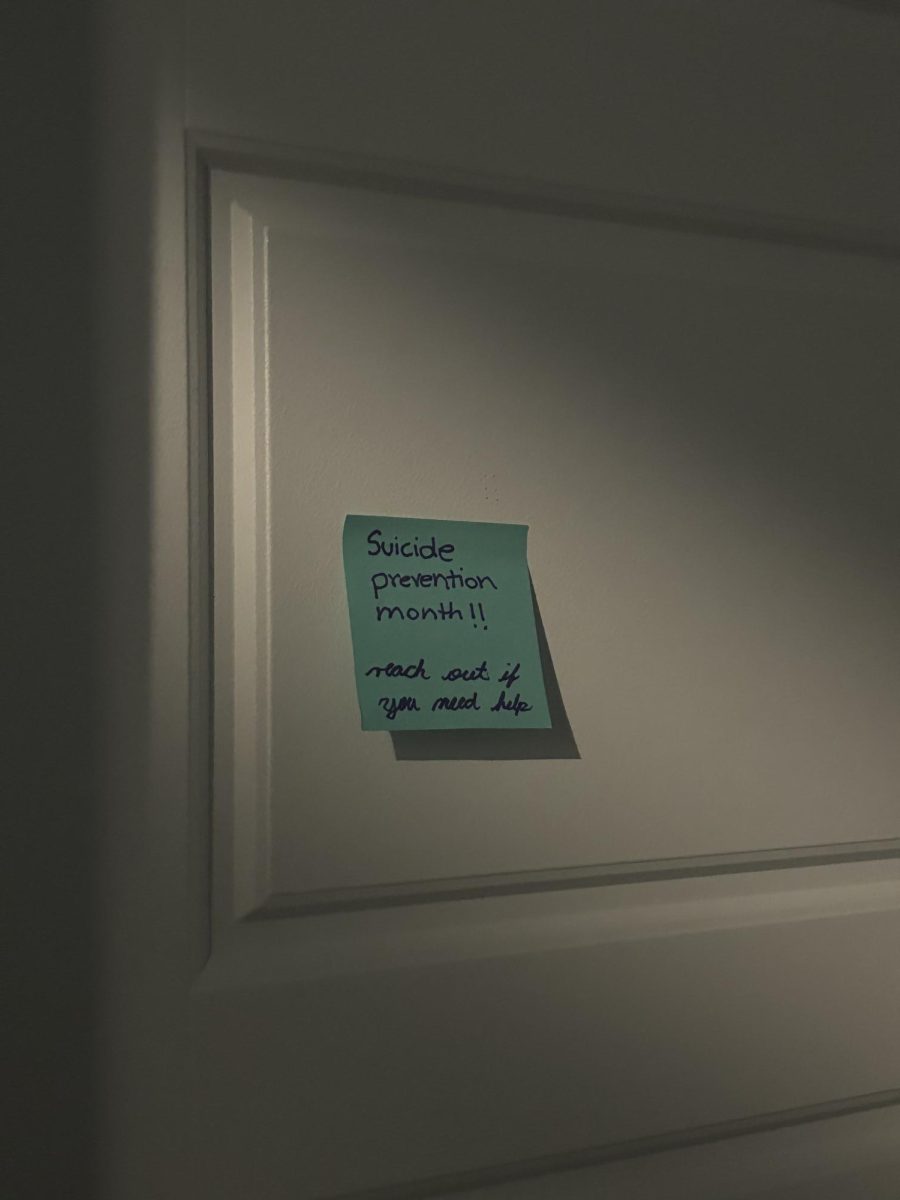On April 16, RFK Jr. delivered his “Autism destroys families” speech. For the most part, the public was very opposed to what he had said; however, some may not fully disagree.
Patrick Leytham, a board certified behavior analyst with a PhD in Special ed and Autism, has a very interesting view.
Leytham started as a teaching assistant in a primary autism self-contained classroom at one of the elementary schools here in Vegas. “Ever since then, I stayed with it and fell in love with it.” “I wanted to learn more and it was interesting, because it was always different. Every day I went to work and I always had something new to learn,” said Leytham.
Working with kids with autism, helped him become more empathetic, and changed his perspective on handling people and children with disabilities, ultimately leading him to want to help families.
Anyone would figure that he was strongly against RFK Jr. speech, but he’s not that fully opposed.
Leytham chooses to look at the speech from a more open perspective, asking himself, What is RFK really trying to say here?
“I agree with the focus that he wants to try to look at environmental factors that may be causing autism,” Leytham said. “As a former researcher and university faculty, part of my role is to continue to ask questions. What does the science not tell us yet?”
He believes no harm can be done looking into it, if environmental factors also cause autism. “I have to always use the idea that we don’t know yet what is happening., and that’s the reason why I agree and I appreciate RFK, Jr. for trying to look at other options, other potential factors because we just don’t know yet.”
However, RFK also stated that kids with autism, “will never pay taxes, they’ll never hold a job, they’ll never play baseball, they’ll never write a poem, they’ll never go out on a date. Many of them will never use a toilet unassisted.” Leytham disagrees.
“That goes to his nativity of understanding who people with disabilities are, and what they can accomplish,” Leythem said. “My first IEP meeting that I had was in 2007, so it was August of 2007 before the school year started. Had an IEP meeting with the team and the mom, after three days of this IEP meeting at two different schools, asked me afterwards. She says, ‘Pat, why do you set goals so high for my kid?’ And I said, ‘Because we never know if he’s ever going to reach it if we don’t try to get there.’ And that took her back. She was like, ‘Okay, I never thought of that. Yeah, we have this ultimate goal, like, we want them to have a quality of life that is great for them.”
Leytham says that if we’re going to say children on the autism spectrum can’t be contributing members of society and we don’t give them the chance, then they can’t. But if we give them an opportunity to grow and learn, then they definitely can be.
“Our goal is to try to help them grow as much as they can, because they may do it. And so we always try to remind ourselves, okay, you just can’t do it yet. So what do I need to change about what I’m doing to help them get to this next skill? That’s the next goal, right?” Leytham said.
Therefore, are there environmental factors to autism? There is a possibility and learning cannot cause any harm, and may even do good if it is a factor. Does autism destroy families? No, there are so many resources, like Patrick Leytham and others that can help families. Also, kids with autism have so much potential. If we put in enough work, they can be amazing members of society, hold jobs, become independent, and so much more.




